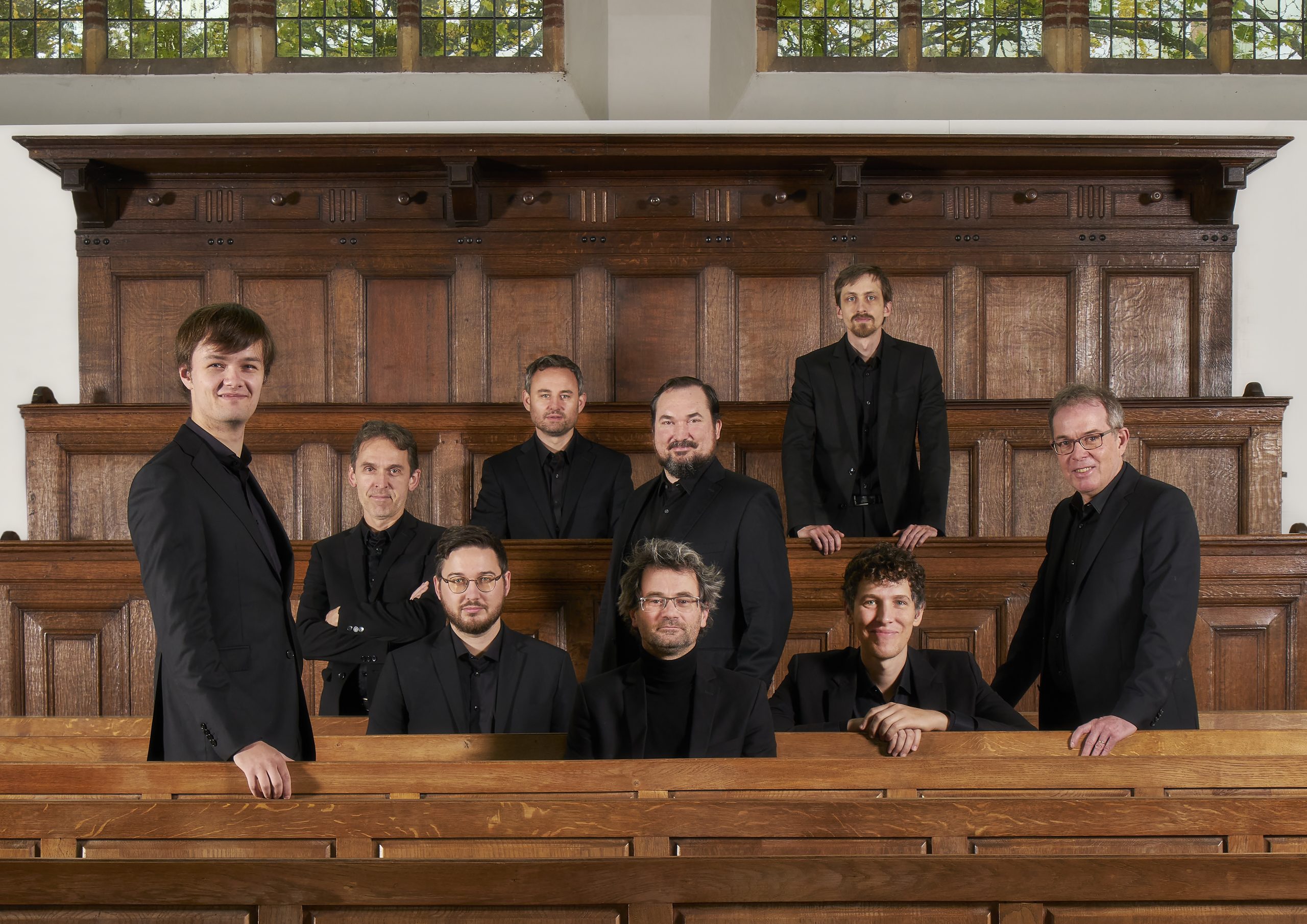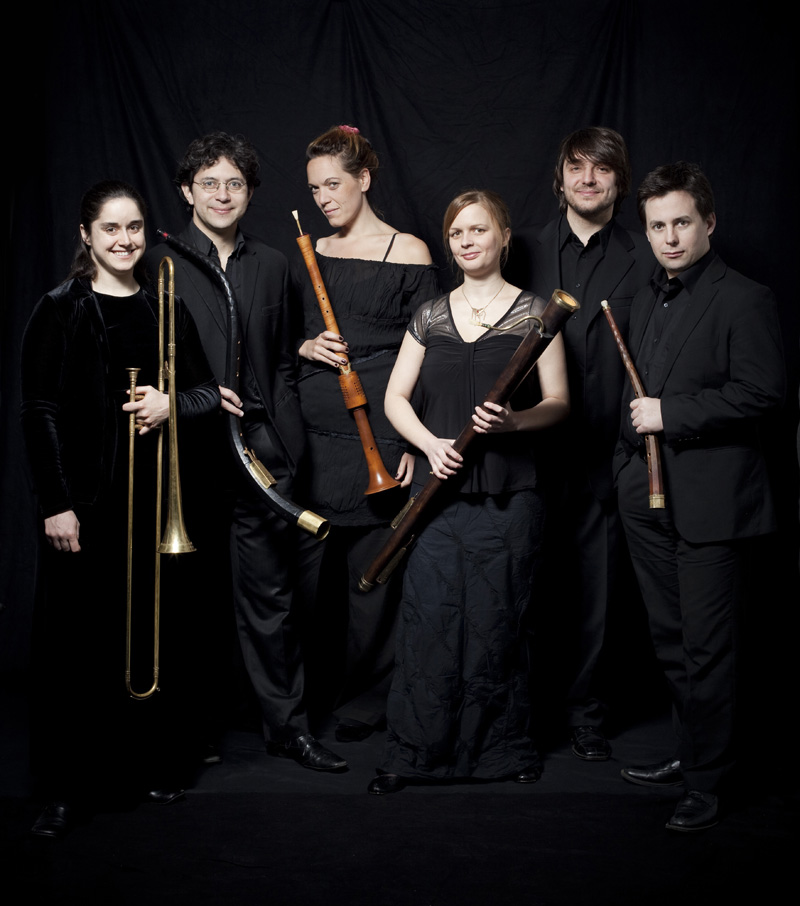Two prominent representatives of Flemish polyphony in the Late Middle Ages and Early Renaissance are the focus of this concert: Jacob Obrecht (1457-1505) and Jacobus Barbireau (1455-1491). Both composers were Kapellmeisters at the Church of Our Lady in Antwerp, later to become the cathedral. Obrecht was recognised by his contemporaries as an innovator, particularly in terms of harmony and for his inventive way of incorporating the cantus firmus. He always used the cantus firmus technique in his masses and motets, creating a polyphonic fabric around an existing melody. He did exactly that in the Missa Sub tuum praesidium, composed in Antwerp and sung by the music chapel (made up of men and boys) of the Marian fraternity led by Obrecht. They sang Marian masses and motets for Assumption Day (for the Blessed Virgin) during the liturgy and in a procession through the city. The mass was probably composed for Emperor Maximilian I, whom Obrecht was trying to impress. Conversely, the Antwerp composer Jacobus Barbireau was already high in the emperor’s esteem. Osculetur me, his only surviving, four-part motet, based on the Song of Songs, forms a pleasant contrast to Obrecht’s mass.
Performers
Cappella Pratensis
Tim Braithwaite, Andrew Hallock, superius | Lior Leibovici, Jonatan Alvarado, countertenor | Peter de Laurentiis, Pieter De Moor, tenor | Marc Busnel, Grantley McDonald, bassus | Wim Diepenhorst, organ | Stratton Bull, superius & artistic leader
I Fedeli
Maximilien Brisson, BJ Hernandez, sackbut | Nathaniel Wood, sackbut & slide trumpet | Josué Meléndez Peláez, cornett & artistic leader




